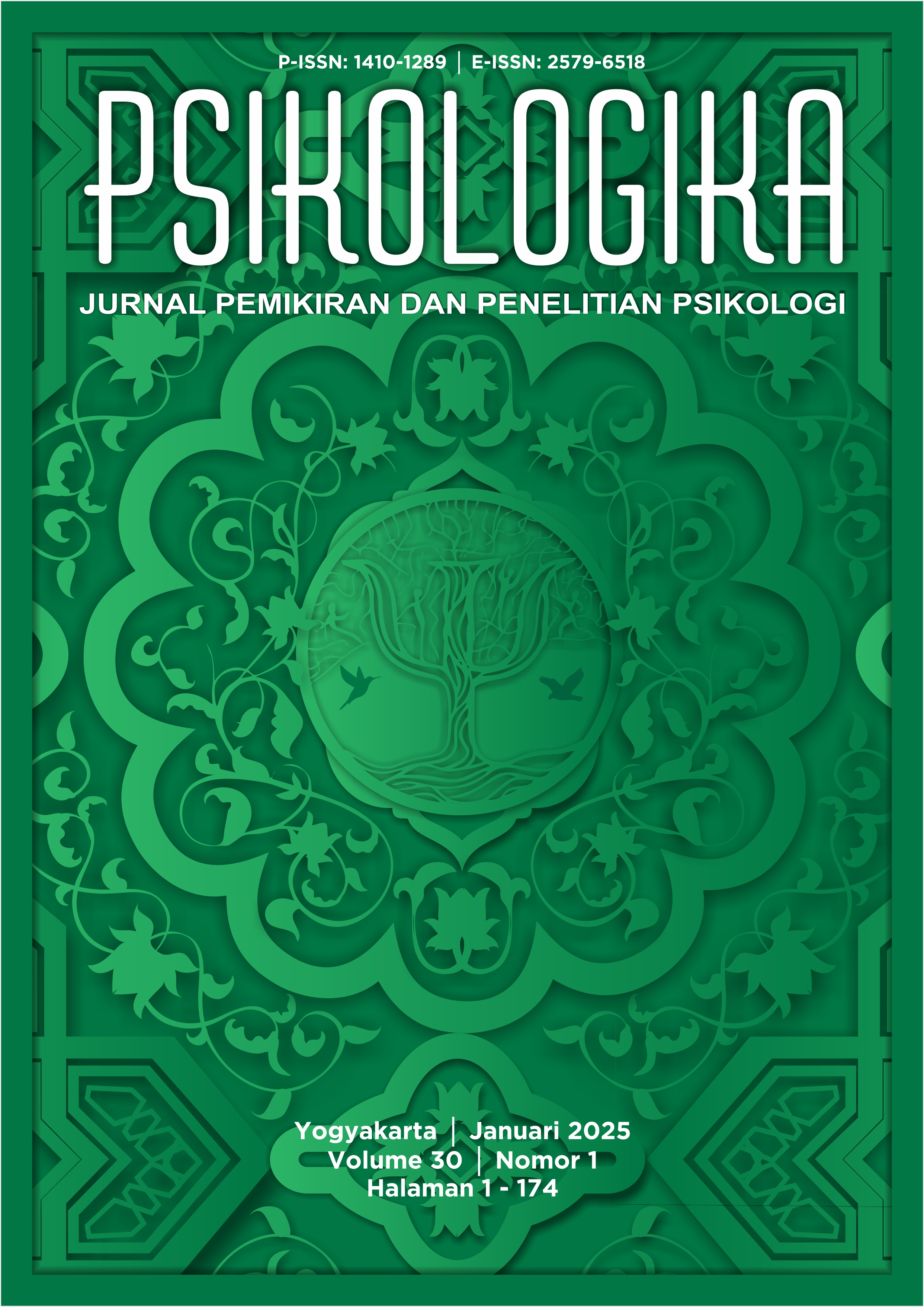Main Article Content
Abstract
Work problems for millennial employees are increasingly complex and the values accepted by the generation tend to conflict with organizational citizenship behavior (OCB). Therefore, this research aimed to create and evaluate a theoretical framework that elucidated the impact of organizational climate on the OCB of millennial workers, with work-life balance as a moderator. A total of 384 millennial employees were obtained using purposive quota sampling. The data obtained were related to organizational climate, OCB, and work-life balance. Additionally, a quantitative method was adopted using data analysis through a structural equation model (SEM) and partial least squares path modeling (PLS-SEM). The results showed that the proposed model concerning the influence of organizational climate on citizenship behavior, with work-life balance serving as a moderating variable was consistent with empirical evidence. Organizational climate and work-life balance had a positive and highly significant impact on citizenship behavior. Furthermore, work-life balance effectively moderated the relationship between organizational climate and citizenship behavior of millennial employees. The implications of this research suggested that the model served as a valuable reference and could be implemented to address the challenges associated with OCB.
Keywords
Article Details
Copyright (c) 2025 Anggie Liliana , Fatwa Tentama

This work is licensed under a Creative Commons Attribution-ShareAlike 4.0 International License.
Authors who publish with this journal agree to the following terms:
- Authors retain copyright and grant the journal right of first publication with the work simultaneously licensed under a Creative Commons Attribution-ShareAlike 4.0 International License that allows others to share the work with an acknowledgment of the work's authorship and initial publication in this journal.
- Authors are able to enter into separate, additional contractual arrangements for the non-exclusive distribution of the journal's published version of the work (e.g., post it to an institutional repository or publish it in a book), with an acknowledgment of its initial publication in this journal.
- Authors are permitted and encouraged to post their work online (e.g., in institutional repositories or on their website) prior to and during the submission process, as it can lead to productive exchanges, as well as earlier and greater citation of published work (See The Effect of Open Access).




